Weed in Argentina: Cannabis Legal Status Guide
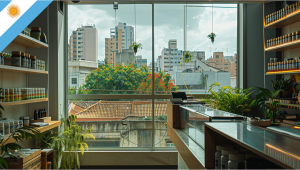
- 1. Medical marijuana in argentina
- 2. Cannabis possession and use
- 3. Is cbd legal in argentina?
- 4. Can you buy cannabis seeds in argentina?
- 5. Some cannabis statistics
- 6. Politics and prospects
- 7. The bottom line
While not exactly at the forefront of the cannabis legalization movement in South America, Argentina is a country that is trying to overcome the legacy of decades-long prohibition of the substance and adopt a more sensible policy. Currently, the nation allows the cultivation and consumption of medical marijuana and encourages the production of hemp. The personal possession and use of cannabis and in fact any other illicit substance remain in the legal gray zone.
Medical Marijuana in Argentina
The first legislation that would pave the road to the legalization of medical cannabis in the country was passed in 2017. The purpose of the law was to further scientific research into the possible health benefits of the substance for certain conditions and to help patients with those conditions procure their medicine in a legal manner.
Although the language of the bill was somewhat vague, it permitted patients to request prescriptions for the substance and its derivatives, including cannabis oil, from their doctors.. Patients could also voluntarily register in a government program that would cover the cost of their treatment. Those who preferred not to register paid out of their own pocket. Both domestically produced and imported flowers and pharmaceuticals were permitted.
In May 2022, the Argentina Congress passed another law that outlined the regulations for the nascent domestic industry, allowing public and private stakeholders to invest into businesses across the value chain. A special government body called ARICCAME was to issue licenses and oversee the sector. It planned to have as many as 300 licensees by the end of 2023. However, only 6 licenses were granted, marking one of the final actions of the agency before its top officials resigned and the agency was dissolved.
Private growing of marijuana by patients is allowed, but anyone wanting to cultivate their own medicine needs to register with Reprocann and get an approval which is granted on a case-by-case basis. Our sources say the approval is relatively easy to obtain.
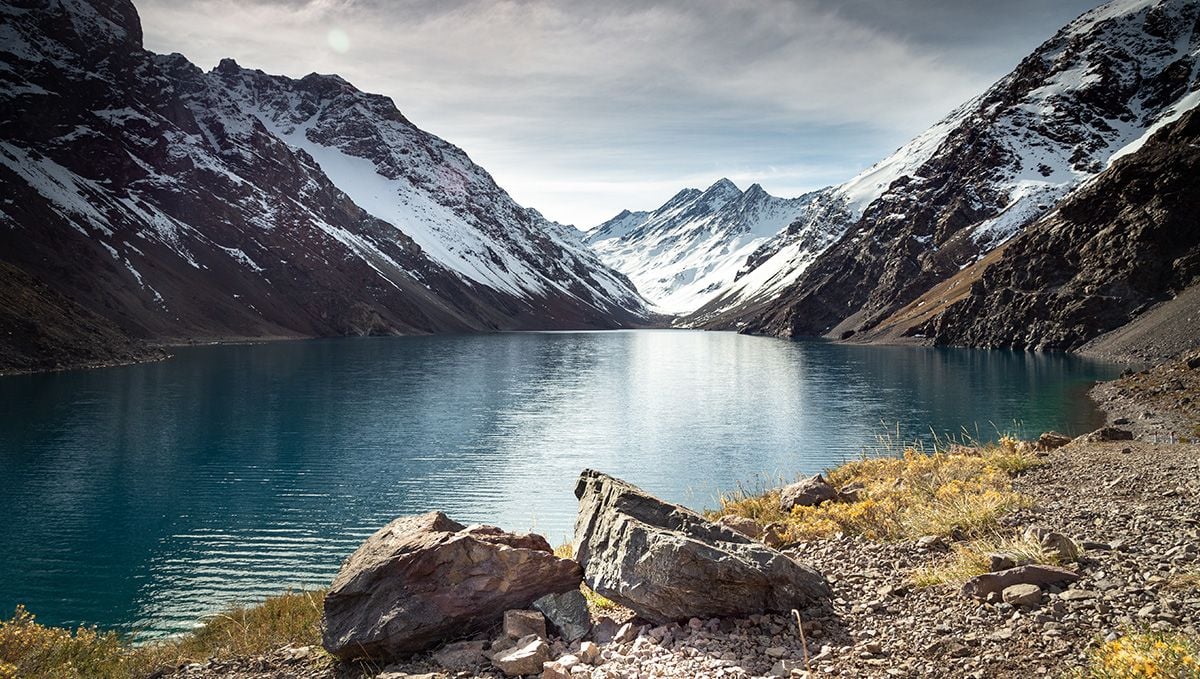
Cannabis Possession and Use
The recreational use of cannabis is prohibited in Argentina, and the substance is treated like any other illicit drug. Even simple possession can land you in prison. The sentencing policy is as follows:
- Simple possession – from 1 month to 2 years,
- Trafficking – 4-15-years,
- Smuggling – 4-16-years.
Fortunately, in 2009, a court ruling deemed the possession law unconstitutional, providing relief for some individuals. The rationale behind this decision was that if adults voluntarily choose to harm their health, the government shouldn’t intervene. In other words, the use of illicit substances is non-criminal self harm that in itself isn’t necessarily a danger to the public.
This ruling creates a precedent for any case where a person possesses a reasonably small amount of a drug for personal use. The problem is that the judge didn’t give any guidelines as to what should be considered a small amount, so it is at the discretion of the police and the court to decide if the amount is small and intended for personal consumption.
In practical terms, this means that the old prohibitionist-era laws, specifically one enacted in 1989, still apply and you can be prosecuted for any amount of illegal drug found on your person. As we mentioned before, the law doesn’t make any distinction between cannabis or any other, possibly more dangerous psychoactive substance.
Is CBD Legal in Argentina?
The medical marijuana law of 2017 includes a provision for cannabis oil, which means the consumption of CBD for therapeutic purposes is also allowed. Strictly speaking, the legal route to obtaining a bottle of CBD oil is to get a doctor’s prescription, buy your CBD medicine at a pharmacy, and even be reimbursed for the treatment.
However, CBD oils are generally very low in THC, so these products are openly sold in Argentina both online and in brick-and-mortar shops, such as grow shops. You can find dozens of them in Buenos Aires for example. These shops also sell cultivation equipment and smoking paraphernalia.
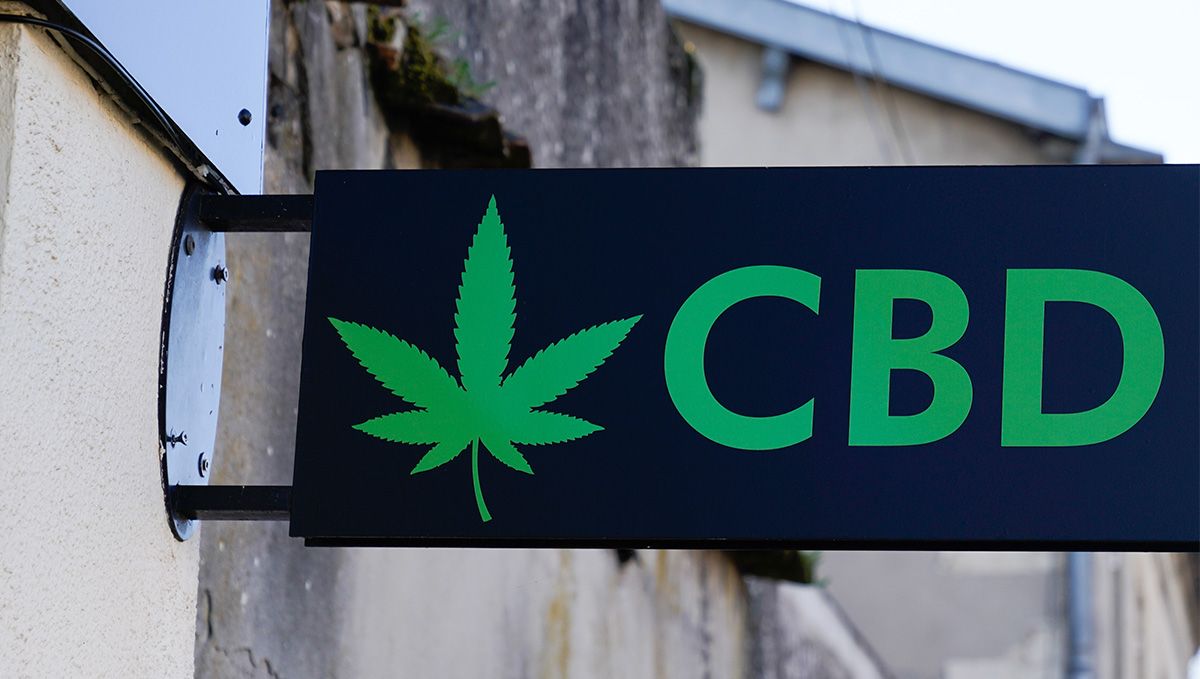
Can You Buy Cannabis Seeds in Argentina?
As in any country with relatively lax attitudes to cannabis, you can easily buy marijuana seeds in Argentina. Besides international megastores, such as Fast Buds seed shop, which ship their products globally, there are also local vendors ready to take your order online and deliver the seeds right to your doorstep. Unfortunately, we were unable to confirm if any of the brick-and-mortar shops in the country openly sell weed seeds. At the very least, they don’t feature packs of seeds in their photo galleries on Google Maps.
Some Cannabis Statistics
According to the current UN data, the population of Argentina is close to 46 million people, making the country the third most populated in South America, after Brazil and Columbia. So, what percentage of the population are cannabis users?
We have data from the First National Survey of Cannabis Users in Argentina, which received 64,646 responses from people aged 16 to 92 who had used cannabis at least once in the past year. The survey was conducted by the Revista THC and the Centro de Estudios de la Cultura Cannábica Argentina (Cecca) with the support of the Universidad Nacional de Quilmes (UNQ) and published in August 2021.
According to statistics cited in the survey, 7.8% of the population in Argentina uses cannabis, which is equivalent to around 1.5 million people. This is despite the fact that the regulation in Argentina prohibits the use of the substance.
Among the consumers, the survey found, only 17.6% use cannabis primarily for medicinal purposes, while 82.4% use it primarily for recreational purposes.
| Country | Scope of Reform | Year |
|---|---|---|
| Uruguay | Recreational | 2013 |
| Chile | Medical | 2015 |
| Colombia | Medical | 2016 |
| Argentina | Medical | 2017 |
| Peru | Medical | 2017 |
| Ecuador | Medical | 2019 |
| Brazil | Medical (Limited) | 2019 |
| Paraguay | Medical | 2021 |
Politics and Prospects
Since Javier Miliei was elected President of Argentina in 2023, the situation regarding further cannabis reform remains in limbo. We mentioned earlier that the nation’s watchdog for the medical marijuana industry was dissolved in 2023, in accordance with Milei’s plan to abolish many bureaucratic institutions of the ineffective and largely corrupted state.
An advocate of free society and small state, Milei said he had no issues with the decriminalization of drugs but not out of concern for the welfare of drug users. Rather, it’s in alignment with his laissez-faire approach to many public matters. He said that if people decide to poison and slowly kill themselves with dangerous drugs, it’s their decision. It’s just that they shouldn’t expect him to pay the bill.
Currently, drug reform appears to be a low priority for Milei’s government, which faces numerous pressing issues and struggles to address them due to opposition in parliament. Only time will tell how things will pan out for the cannabis user.
The Bottom Line
Cannabis use in Argentina is widespread and the attitudes to the substance are quite lax. While the current laws are the remnants of the decades-long prohibition era, a few steps have been taken toward more liberal regulations. This includes laws that allow cannabis use in medicine and research and grant some patients access to flowers, oils, and other pharmaceuticals, as well as the court ruling that regards adult use of narcotics a legal right.
However, significant strides are still needed, particularly in establishing robust regulations to foster, rather than hinder, the expansion of the medical marijuana industry and creating a framework that genuinely safeguards the already recognized legal rights of adults to explore psychoactive substances, including cannabis.
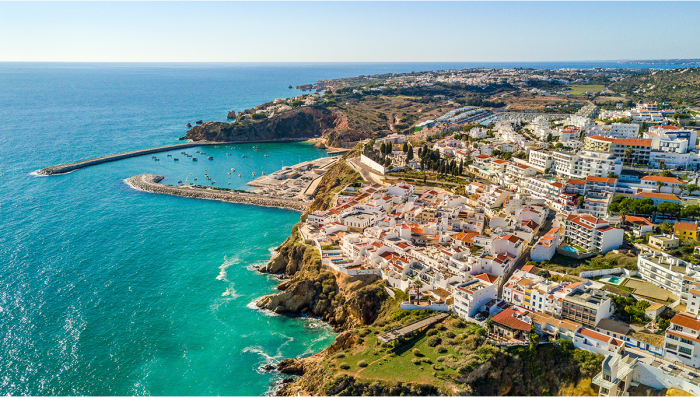









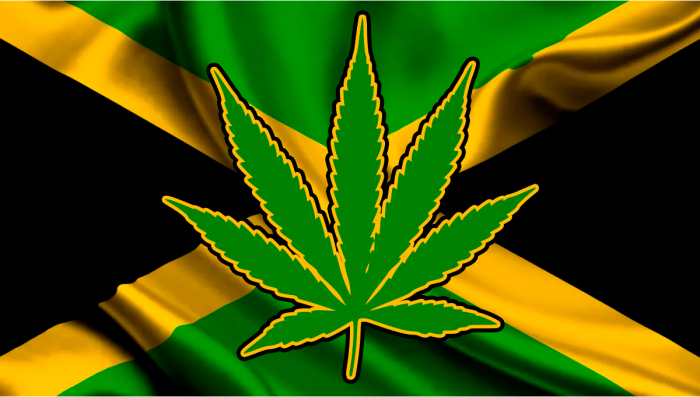

Comments